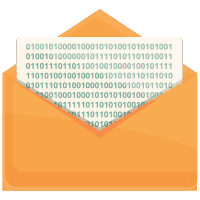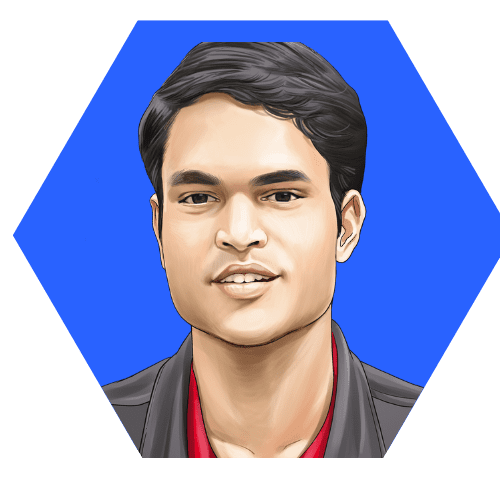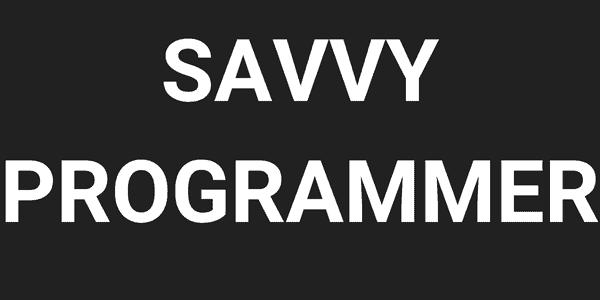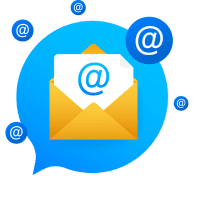Coding is hard. And the hardest part of coding is getting started.
I’ve been there, and it’s not fun. It’s like trying to run a marathon when you’re out of shape – your body just doesn’t want to cooperate at first!
This guide will help you start running (coding), even if you don’t feel ready yet. You’ll learn what tools are available for learning code, how to get past the initial pain points, and finally make progress on your project. Let’s do this!
Check out our infographic blog post on coding for beginners!
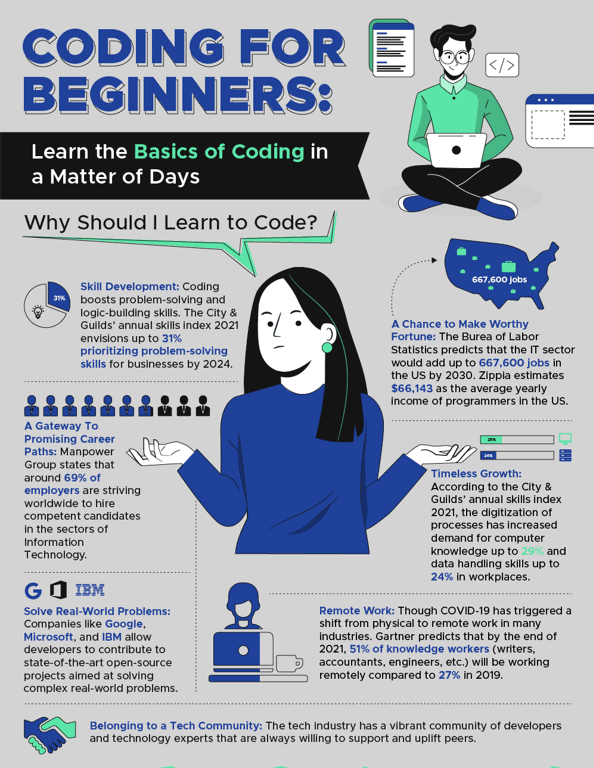
Choose the Right Programming Language
So you’ve decided to learn the ins and outs of coding, but now you’re wondering “what language should I choose?”
Well luckily for you, I will help you clear up any confusion. This is just a basic overview of some popular languages that are used in coding so you can get started on your journey. You may even find one that suits your needs!

Choose the Right Resources to Help Your Learn
I was just reading through some old posts on Reddit’s r/learnprogramming, and I couldn’t help but notice something.
It seems like there are two camps of people: those who prefer to learn how to code using text-based tutorials, and those who would rather follow visual step-by-step ones.
But why do we have such strong opinions about this?
Is it because one method is inherently better than the other?
Or is it simply a matter of preference?
Let’s look at both types in more detail, so that we can come up with an answer together!
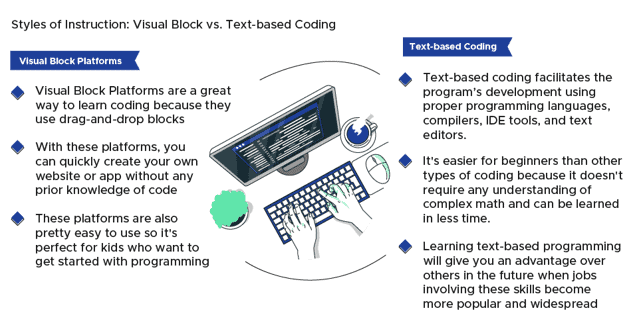
Set Up Your Equipment And Editor
Setting up your equipment and editor is a lot like going to the hardware store.
You have all these different choices, but you don’t know where to start because there are so many options!
So in order to help make things easier for you, I’ve put together a list of some basic steps that will get you ready to code.

Where Should You Learn Coding?
It’s a question that has been asked for years, where should you learn coding?
With an abundance of online and live classes out there, it can be hard to decide which one is right for you.
Some people feel like the best way to learn coding is in an actual classroom while others are adamant about learning through self-teaching.
But what’s better? The answer isn’t so black and white.

Practice Writing Your Code
We all know that the difference between an amateur and a professional is practice.
However, it’s not just about practicing shooting hoops or playing football.
It’s also about practicing your code.
Do you want to get better at coding?
Practice writing more code. It will pay off in the end when you become successful at building your own applications from scratch!

Curriculum Recommendation
It’s a jungle out there. There are so many resources, courses and tools to learn how to code. But which one is the best?
If you’re just starting out, it can be hard to know where to start or what direction your learning should take.
You might find yourself downloading free online tutorials but then get frustrated because they don’t teach you everything you need for a job in coding.
That’s why I put together this list of recommended curriculum and resources that will help you become an expert coder!

Hack Someone Else’s Code
I know what you’re thinking, “Why would I want to practice coding by hacking into someone else’s code?”
That’s a great question!
Well…it might not be the best idea to hack your neighbor’s WiFi and steal their internet.
But here is the thing: if you are going to learn how to code, why not do it in a place where there is no consequence?
GitHub has many open-source code repositories that contain complete coding applications developed by programmers across the globe.
Download the code you want, unpack it, try to improve it, and contribute to the ever-growing developer community.
Understanding someone else’s work is not simple, but it guarantees to build confidence.

Recap
If you’re ready to learn how to code, we hope this blog post has given you the knowledge and tools necessary.
The first step is deciding which programming language is right for your needs and skill level.
You’ll also need a great resource or two that will help guide you through the learning process.
Once those steps are complete, it’s time to set up your equipment and editor so everything feels comfortable as possible while writing your code.
Learning coding should take some time, but with dedication and persistence there’s no telling what kind of programmer you can become in just a few short months!
What are you waiting for?
Start coding now!
If you like what you read, please share this blog post with your friends.

